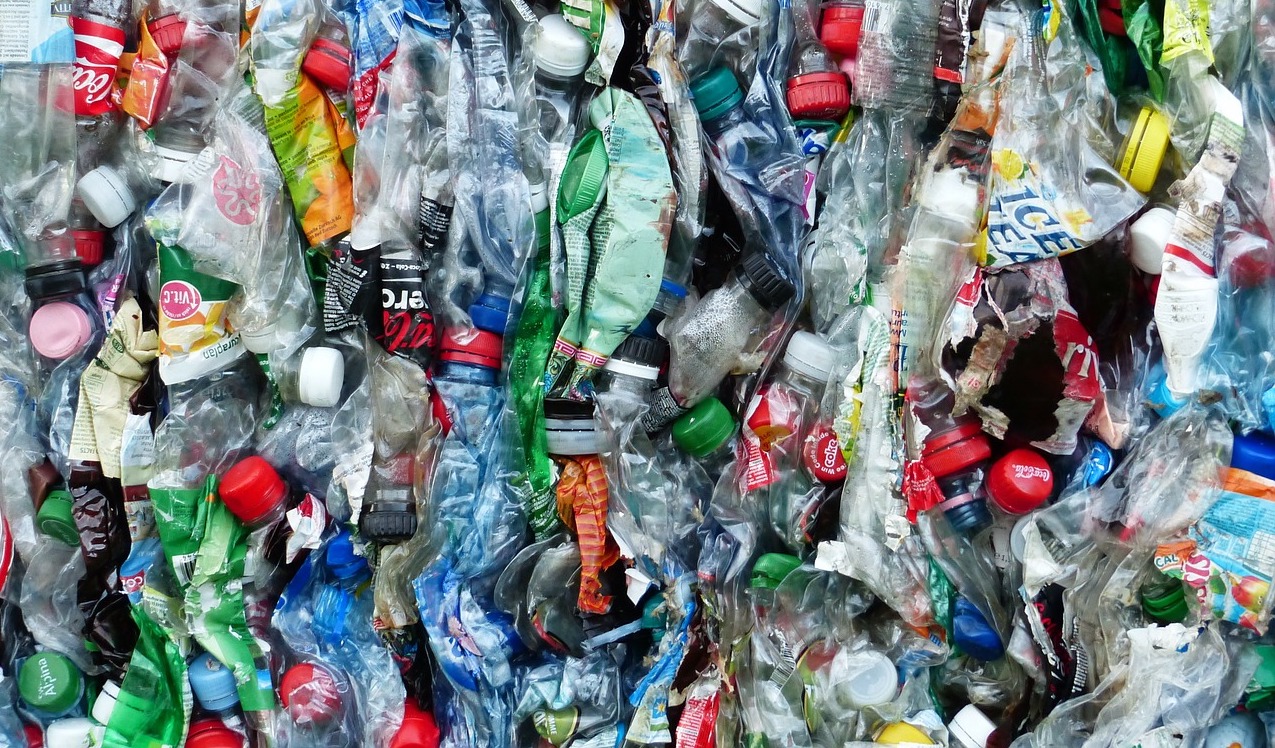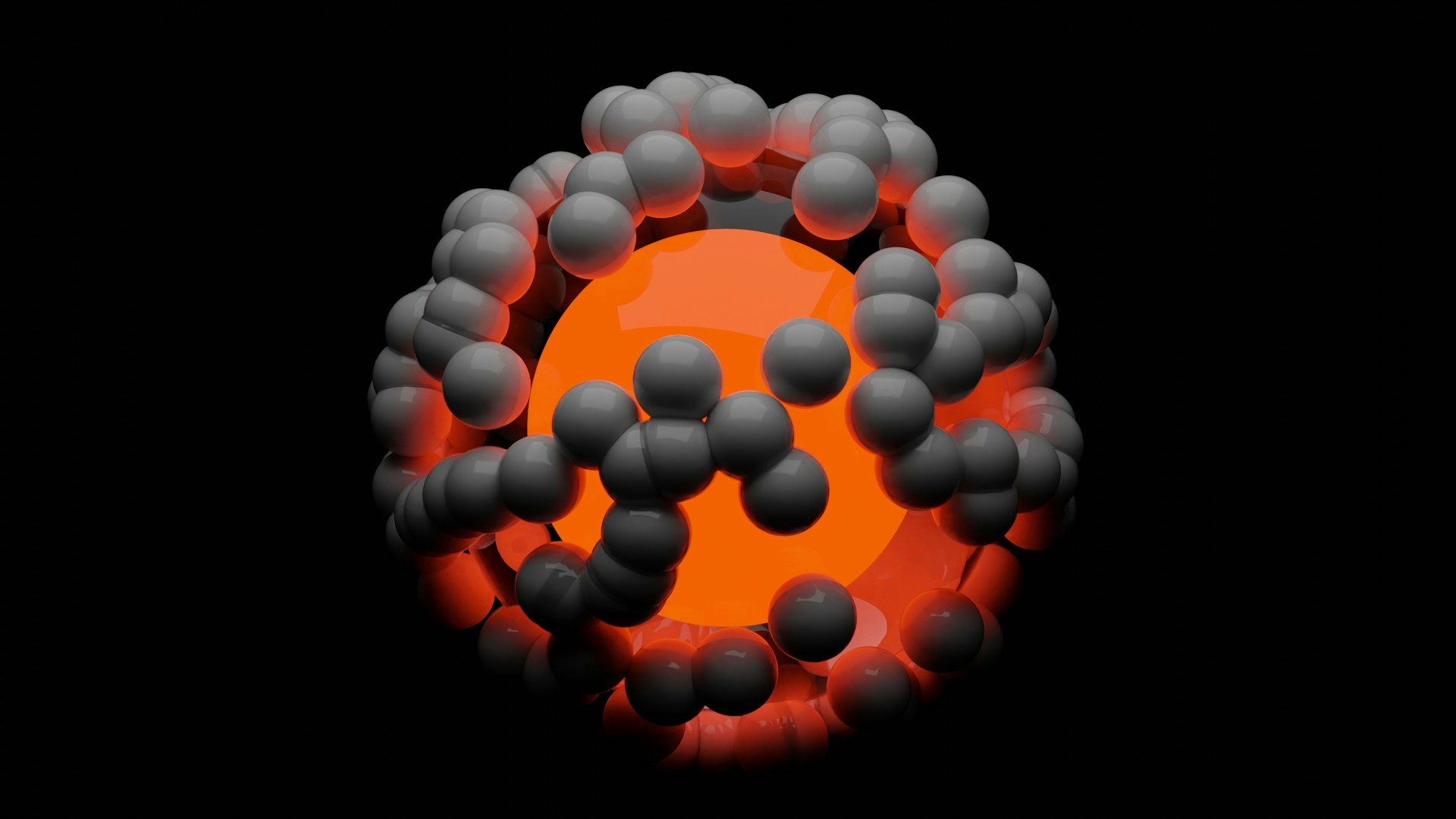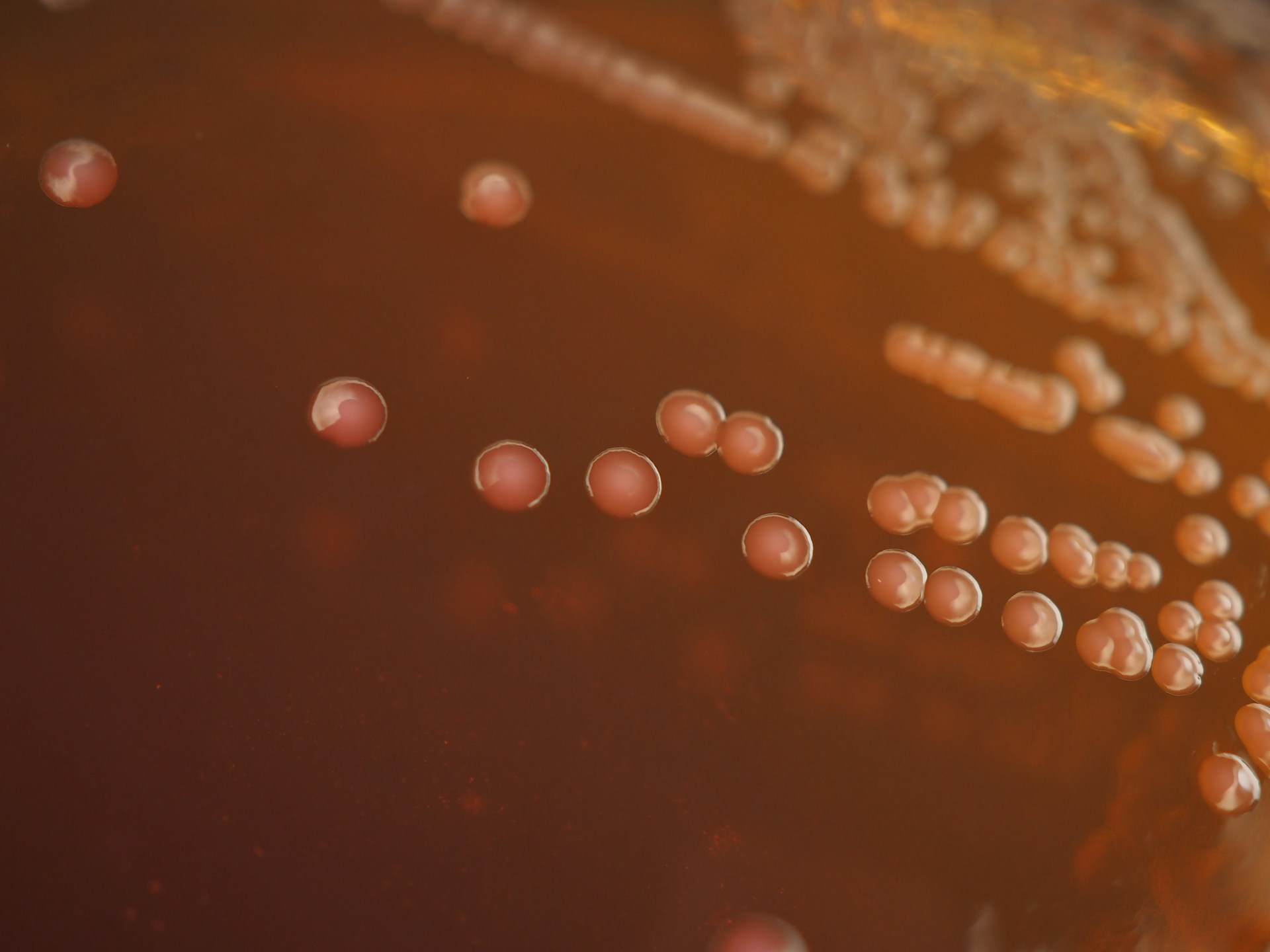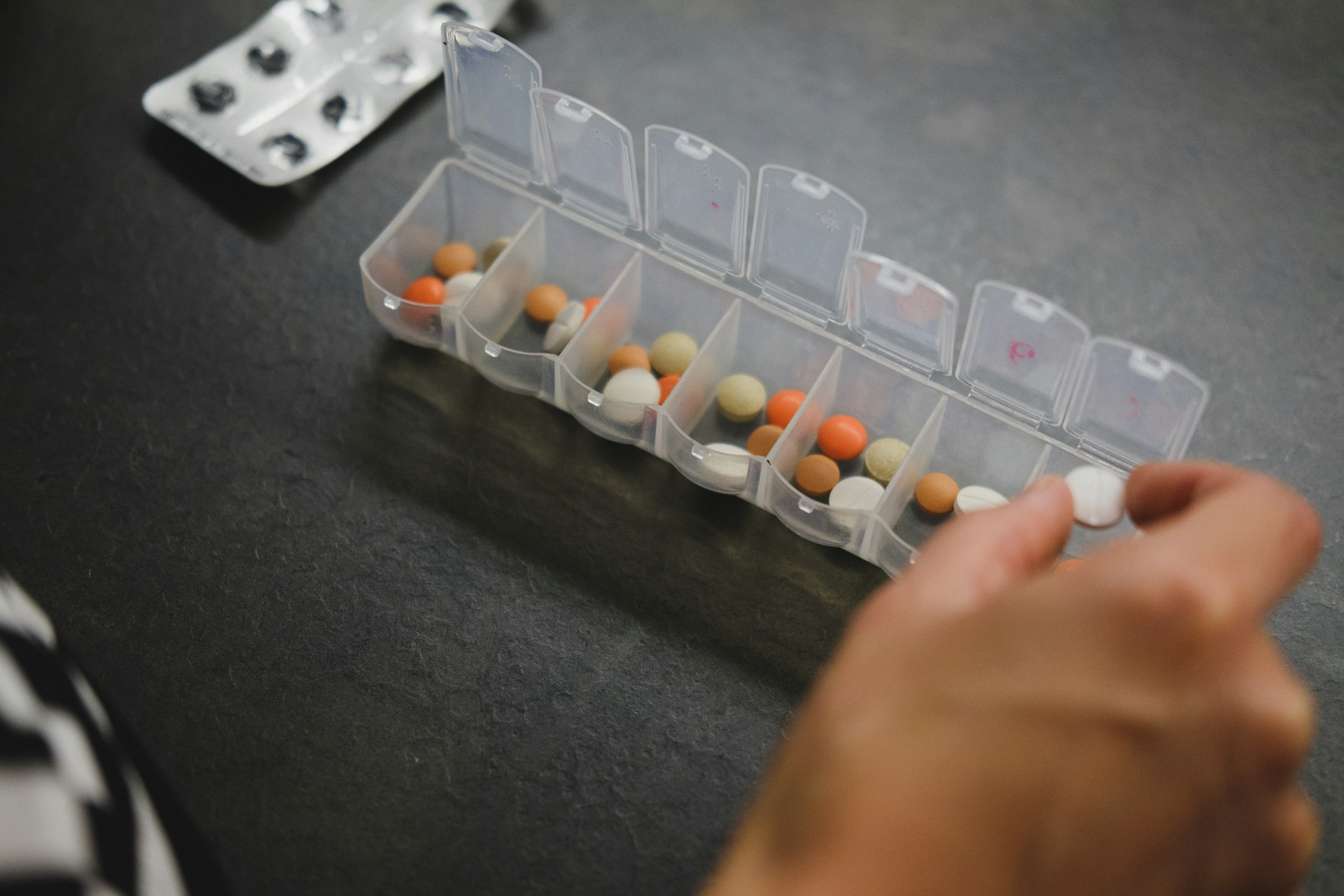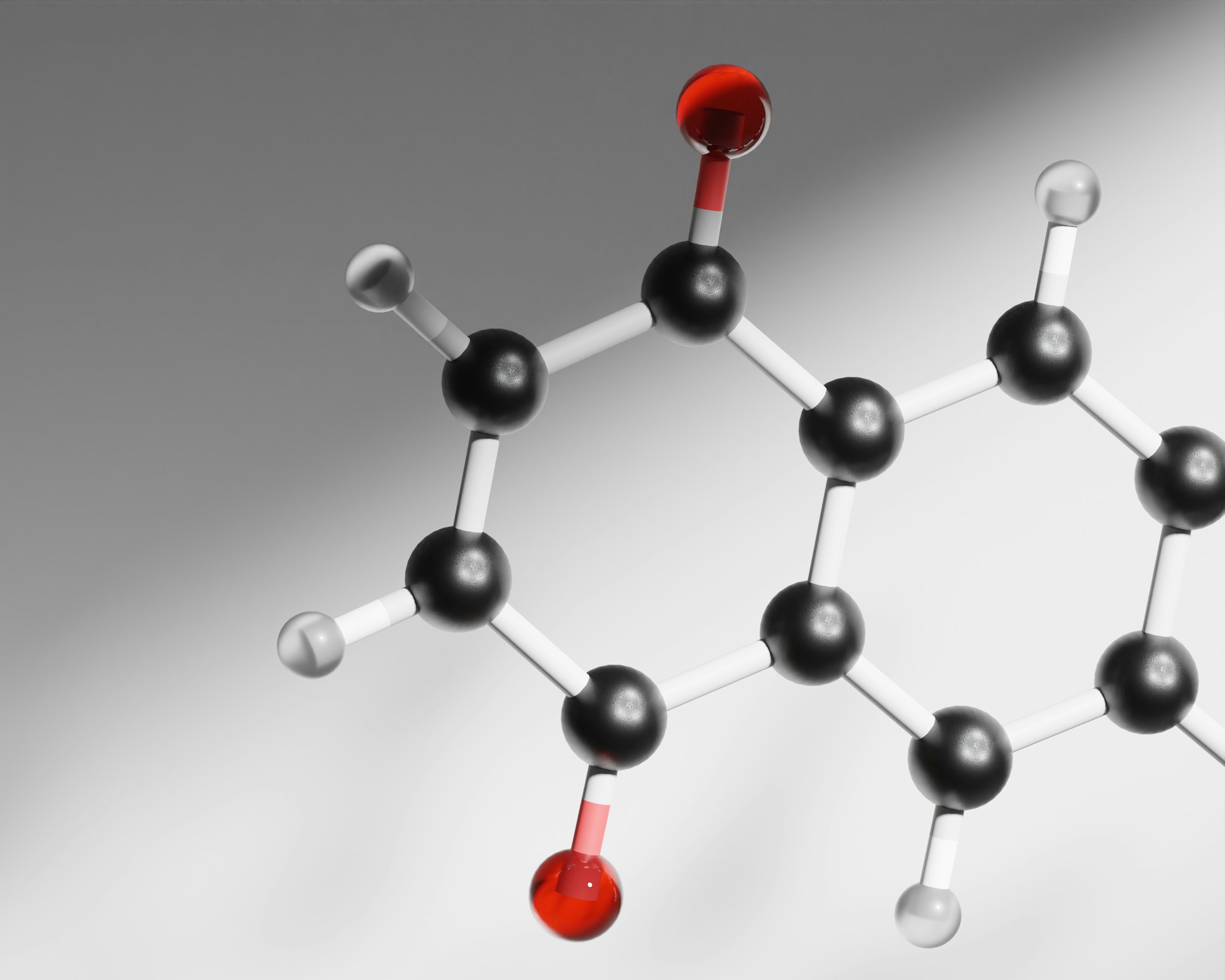
In the ideal world, recycling plastics should break the polymers back to monomers, its original building blocks. Monomers could then be made into new plastics over and over. The team from the Lawrence Berkeley National Laboratory in California brought us one step closer to the dream of closed-loop, zero-waste plastics.
Researchers utilised a family of molecules called polydiketoenamines, which remained obscure in polymer chemistry until now. ‘This motif had been known as a protecting group in solid state peptide chemistry, but often classified as “promiscuous” as it bounced around different amine groups during peptide synthesis. We thought that the promiscuity of diketoenamines was evidence of dynamic covalent behaviour, which could come in handy for synthesising new polymers,’ Lead author Brett Helms explains. The synthesis of polydiketoenamines is surprisingly simple. Without catalysts, additives or even a solvent, the mixing of ketones and amines at room temperature is the click reaction.
The reversible action was discovered by serendipity. ‘While cleaning our glassware with acids, we realised that a chemical reaction was taking place,’ Helms recalls. ‘We decided to analyse the products, and we were dazed to identify our original monomers.’ Using only concentrated acid, Diketoenamines could be converted back to their building blocks.
This innovative and elegantly simple depolymerisation technique is essential to the goal of sustainable plastic recycling. The team had also successfully erased the plastic’s previous use and allow upcycling – creating a higher value product from waste. ‘We can separate the monomers from all the extra ingredients that manufacturers put in their plastics for performance and aesthetics, like fillers, colourants or plasticisers,’ Helms explains.
About their next steps, Helms says ‘We want to reduce water use and minimise the resources and energy needed to upcycle the polymers.’. Helm’s research marked a very important step towards using polymers more responsibly and provided a sustainable solution to our plastics problem.

